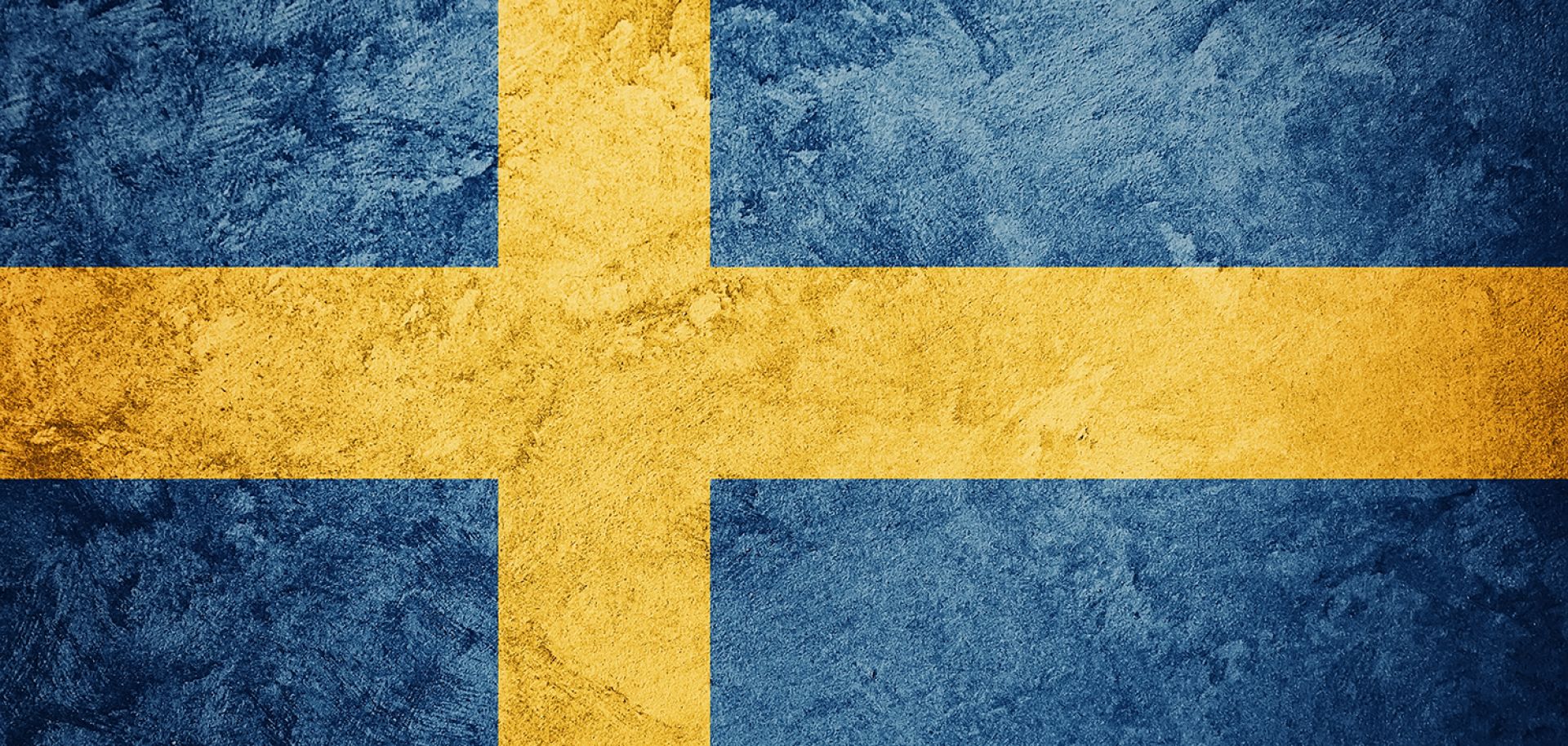While the next Swedish government is unlikely to make drastic changes in foreign policy, including the country's NATO accession, its domestic positions will result in occasional tensions with the European Union that could disrupt cooperation with the bloc. On Sept. 19, the speaker of the Swedish Parliament gave the leader of the conservative Moderate Party, Ulf Kristersson, a mandate to start negotiations with other political parties to form the country's next government. While the negotiations could take weeks, the Moderate Party is expected to reach a coalition agreement with at least two other center-right parties, the Christian Democrats and the Liberals. The main question moving forward is whether the right-wing Sweden Democrats (SD) will formally take Cabinet positions, which would result in a majority government, or only provide external support in Parliament to a minority government. In either case, the Moderate Party, the Christian Democrats and the Liberals will often...

